"A mother is a like school. If prepped and equipped well, she will help raise up an authentically civilized nation." These aforementioned translated poetic verses, originally written in Arabic by the Egyptian poet Hafez Ibrahim in his poem "Al-E'ilem wa Al-Aakhlaq" (Knowledge and Ethics), are the only ones that came the closest to describing a mother's status and her role in building societies and establishing civilizations. Ancient Egyptians have elevated a mother's status to the extent that it has reached the status of the gods.
The inscriptions on the walls of the Egyptian temples reveal the level of dignity with which the ancient Egyptians treated their mothers. In addition, the archaeologists have found many papyri manifesting the mothers’ special status to such a high degree that they dedicated a day to celebrate her. Not only did they do that, but also they elevated the mother’s until they reached the rank of the gods, such as Hathor (the ancient goddess of love and motherhood) and Isis (the more famous and well-known ancient goddess of motherhood). Isis was the one who fought long and hard to retrieve her husband Osiris's body parts and restore her son Horus’s rights. A lot of statues portraying her while holding and breastfeeding her baby have been made in her honor. Another example of a strong ancient goddesses is Tweret (the ancient goddess of fertility, pregnancy, and birth). Additionally, Bes was the ancient god who protected mothers and their babies from all evil.
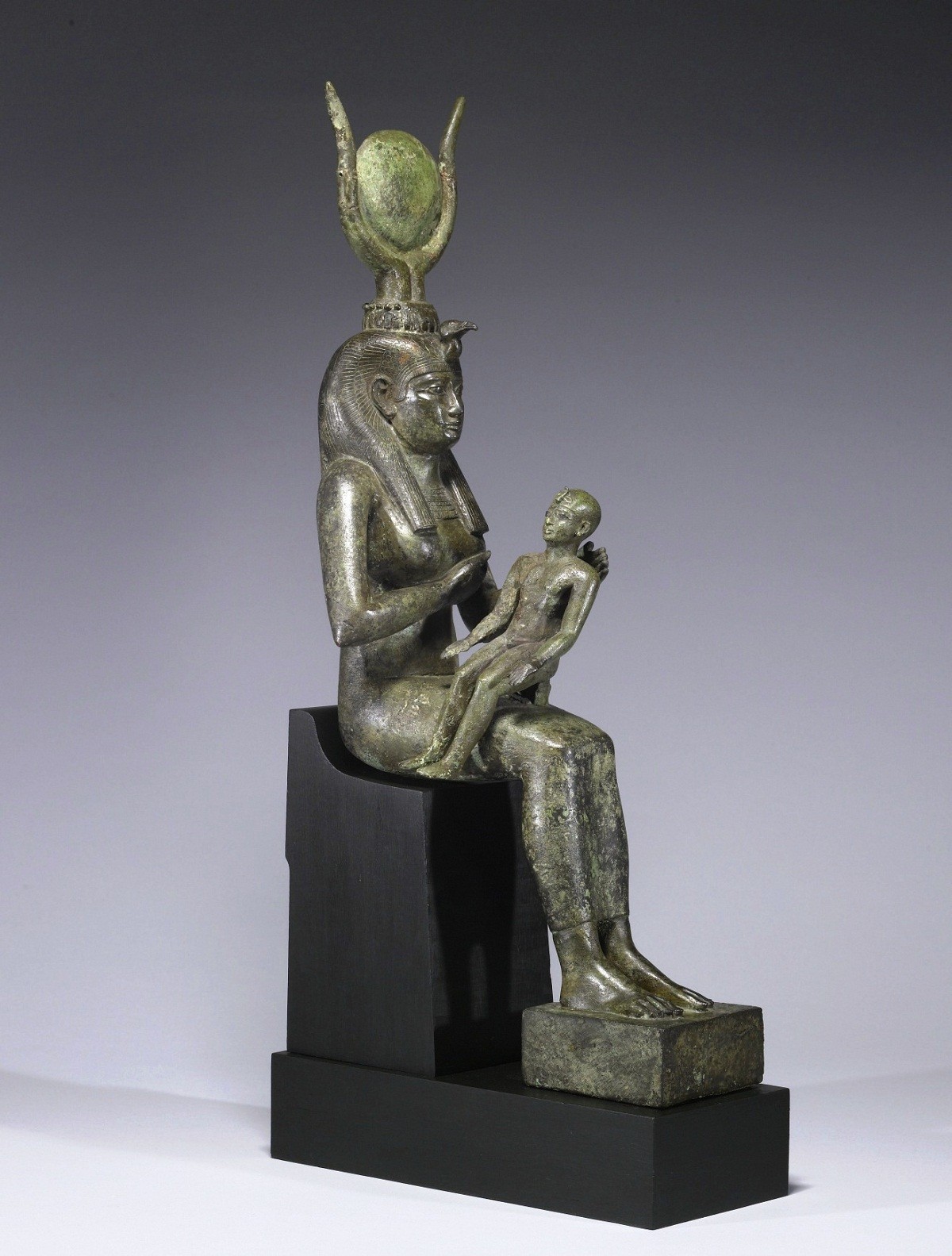
Every year, on the 21st of March, grandchildren celebrate Mother's Day, and sons and daughters offer their gifts to their mothers as a way of expressing their love for her, and honoring their mothers' ongoing dedicated efforts. The papyri, that archaeologists have found, reveal that the ancient Egyptians, also used to celebrate that day with flower decorated processions as they wandered around the cities. They had a lot of names for this day such as the Mother's Holy Day, the Mother of Existence Day, the Mother of Life Day, and Beautiful Mother's Day. They celebrated the mothers who sacrificed their own comfort to take care of their young ones, and made their efforts to help shape their personalities in a way that made them good people, capable of building a community. A mother is a flowing river of tenderness and giving that never dries out, never complains, and never expects anything in return.
Due to this dignified status, the Egyptian woman has gained her absolute freedom to start a new family and make all the decisions and choices concerning this matter without being forced into doing anything so that she can take care of her husband and start raising a new generation. Thus, she became the "housewife" who was responsible for her husband's affairs and with whom she shared everything he owned whether it be food, drink, work, or property, and even a grave. The ancient Egyptian education system taught the man how to take care of his wife, and raised his awareness towards the need to respect her. In addition, this education instilled in the children the fact that the mother is the closest to the greatest god so if a child wants something to come true, they should resort to their mother and ask them for prayers. To which, some ancient sages replied with approval saying, "a son's prayer does not reach the gods unless it comes out of his mother's mouth."
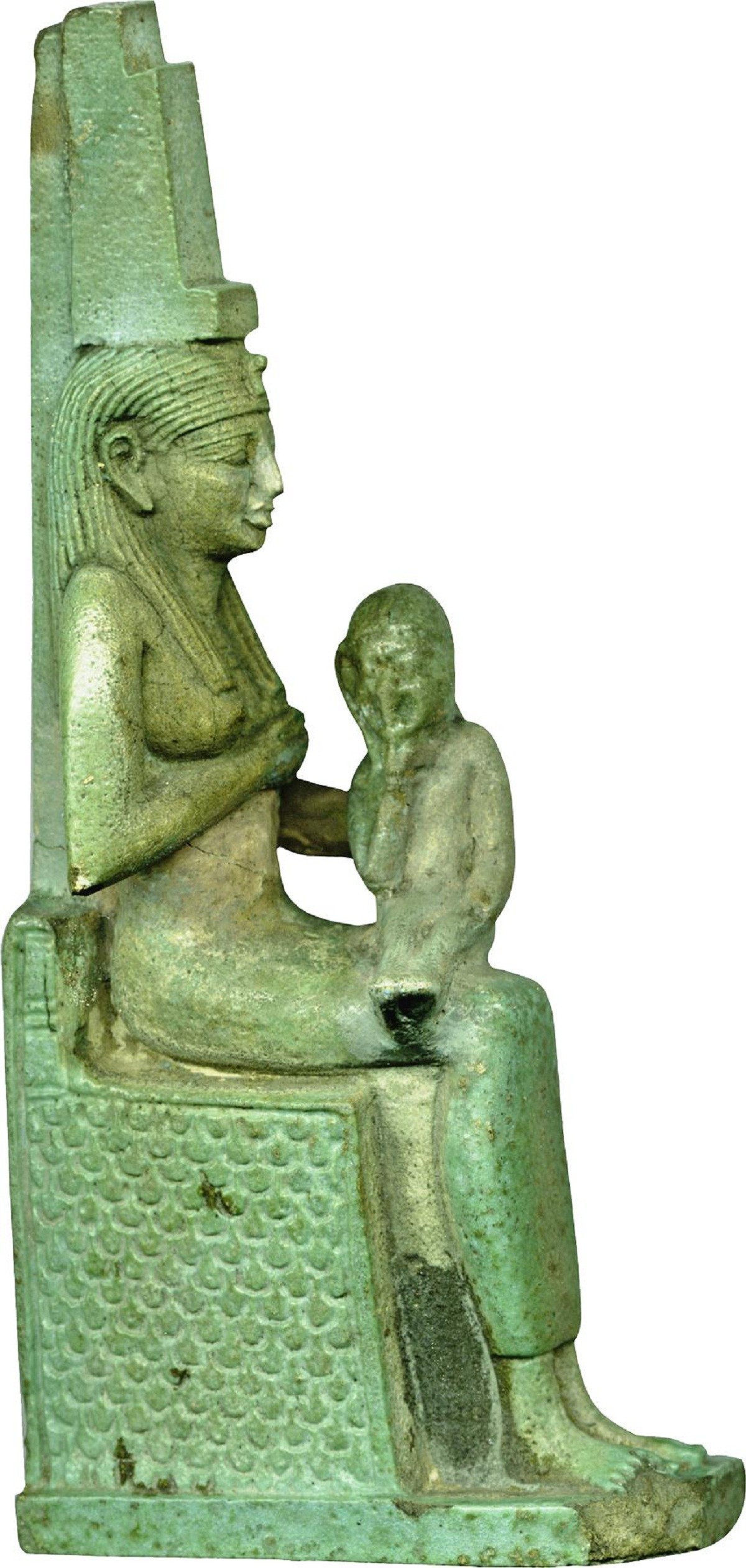
The Papyrus of “Ani” is considered a very crucial one as it shows how respectful the ancient Egyptian man was towards his wife. In said papyrus, the wise man advises his son to obey his mother and respect her because god gifted her to him and made her delicate, tender and self-sacrificial without expecting anything in return. She endured the stresses and labors of pregnancy for nine months, breastfed her baby, nursed him, and taught him until he became old enough to settle in his new home with his wife. Moreover, the day they have chosen, since the Pharaonic times, to celebrate Mother's Day is the perfect one, for during this time in March, the land is fertile and fully ready for planting seeds so they would grow rekindling the life surrounding them. In this respect, mothers are compared to the Nile River as they give life and goodness.
Mother's Day was neglected for many years until the Amin brothers (Mustafa and Ali), the founders of Akhbar El-Youm Newspaper (today’s news newspaper) suggested that it should be celebrated again. In 1943, Ali Amin received a letter from an Egyptian mother complaining about her children's harshness, and ill treatment, consequently, in his book "America Al-Dahka" (The Laughing America), Mustafa Amin wrote advising people to go back to the way it used to be and re-celebrate Mother's Day in honor of their mothers. Nonetheless, at the time, they were ridiculed by society. In 1956, the Egyptian society began to pay close attention to what Mustafa Amin had to say back in the day and Mother's Day once again became a day of celebrations. Furthermore, they chose the same date that was used in ancient times to celebrate it so that spring could be a symbol for all the good feelings and from there this idea spread to the rest of the Arab world countries.
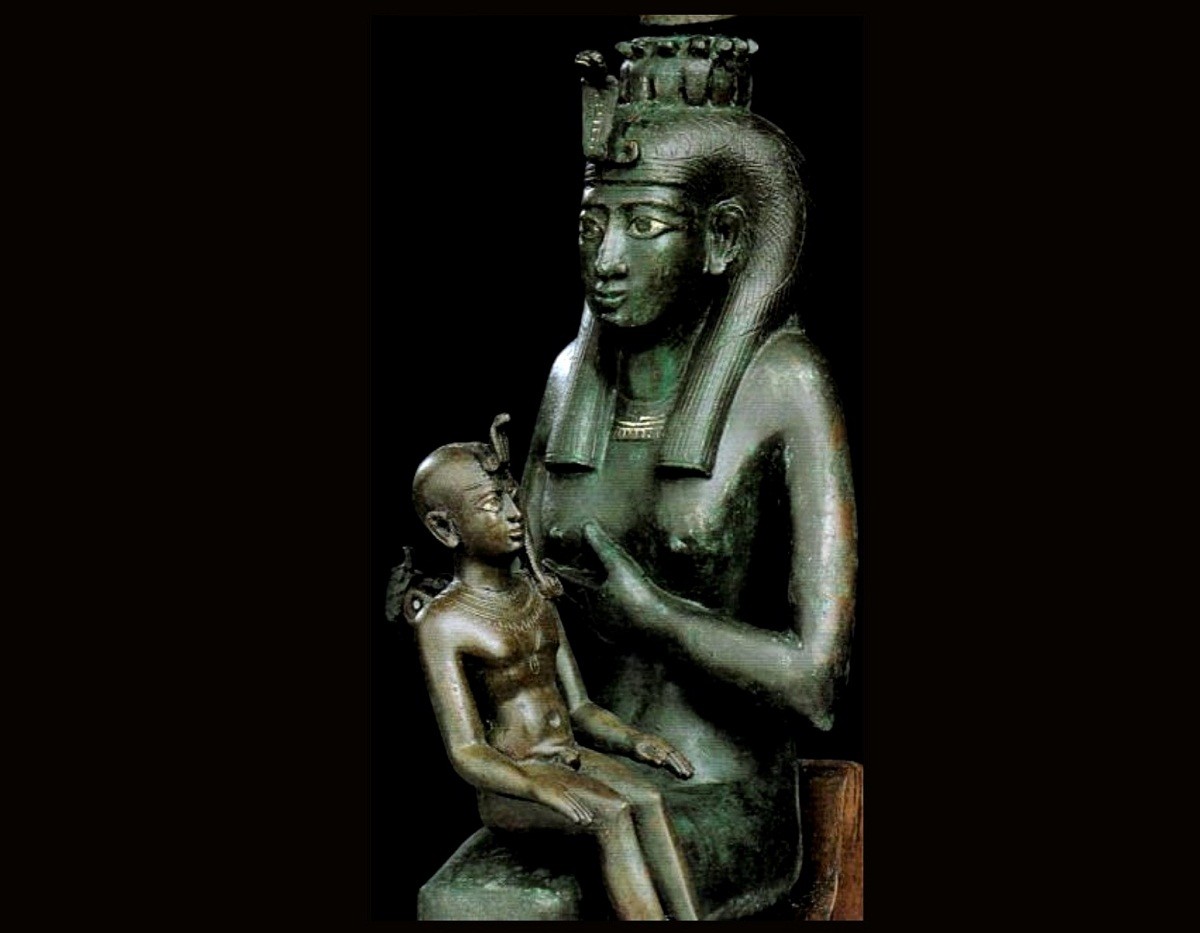
In the United States of America (USA), the first celebrations of Mother's Day were held in 1870, and 1872 as the social activist, Julia Ward organized the celebrations to achieve her mother's dream of celebrating all the mothers around the world. During which, she asked the ladies to call for a celebration for mothers aiming to support and spread peace in the world. However, these celebrations did not result in much of a change except at a local level. During the period from 1880 and 1890, many people tried to recognize and acknowledge it as an official holiday but all their attempts failed until Anna Jarvis came into the picture. Anna Jarvis held a memorial ceremony to commemorate her passing mother in 1908. From that day, she launched an extensive campaign to gain an official recognition for the holiday, thus making it an official holiday. In 1940, she finally did it and made her deceased mother's wish come true as her mother used to say: "I hope and pray that someone, sometime, will found a memorial Mother’s Day commemorating her for the matchless service she renders to humanity in every field of life. She is entitled to it." In 1920, Jarvis was accused of exploiting the holiday and manipulating it for her own benefit which frustrated her.
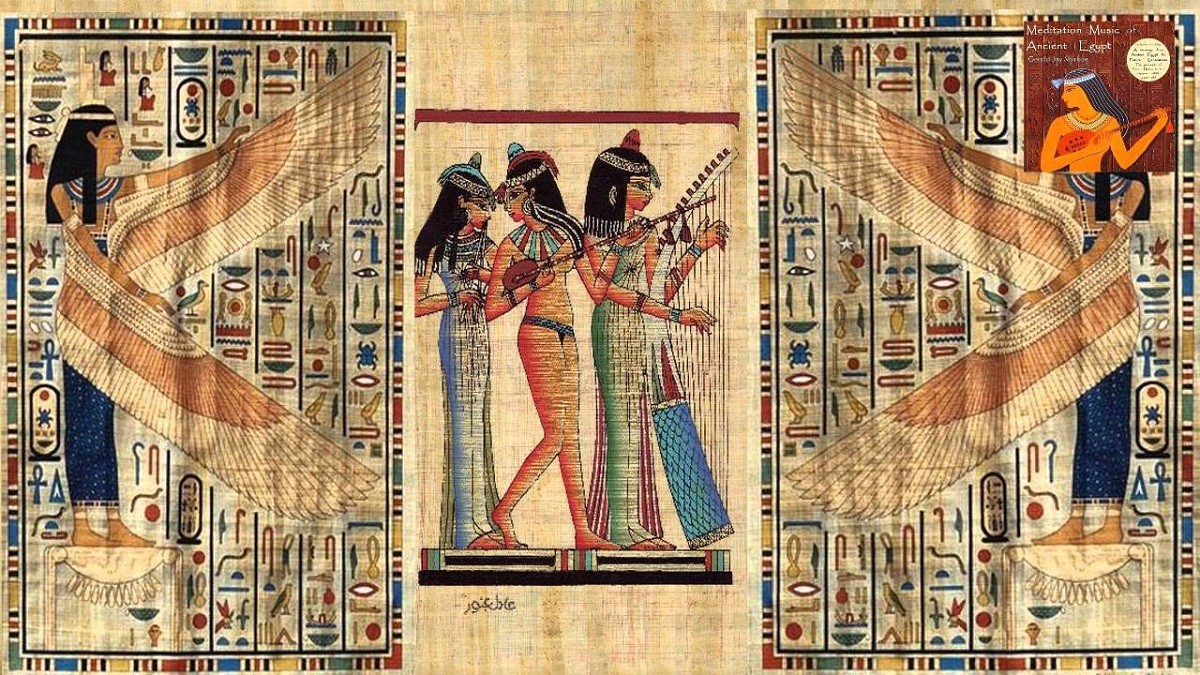
However, the name of Mother's Day goes back to Anna Jarvis as in 1912, she founded the Mother's Day International Association and emphasized that the term "mothers" should be in the singular form not the plural one to make it a holiday celebrating each mother with her own family. Former US President Woodrow Wilson used the term in the legal documents to declare it as a national holiday in the US and after him came other presidents who referred to it in their announcements as "Mother's Day", not "Mothers' Day."
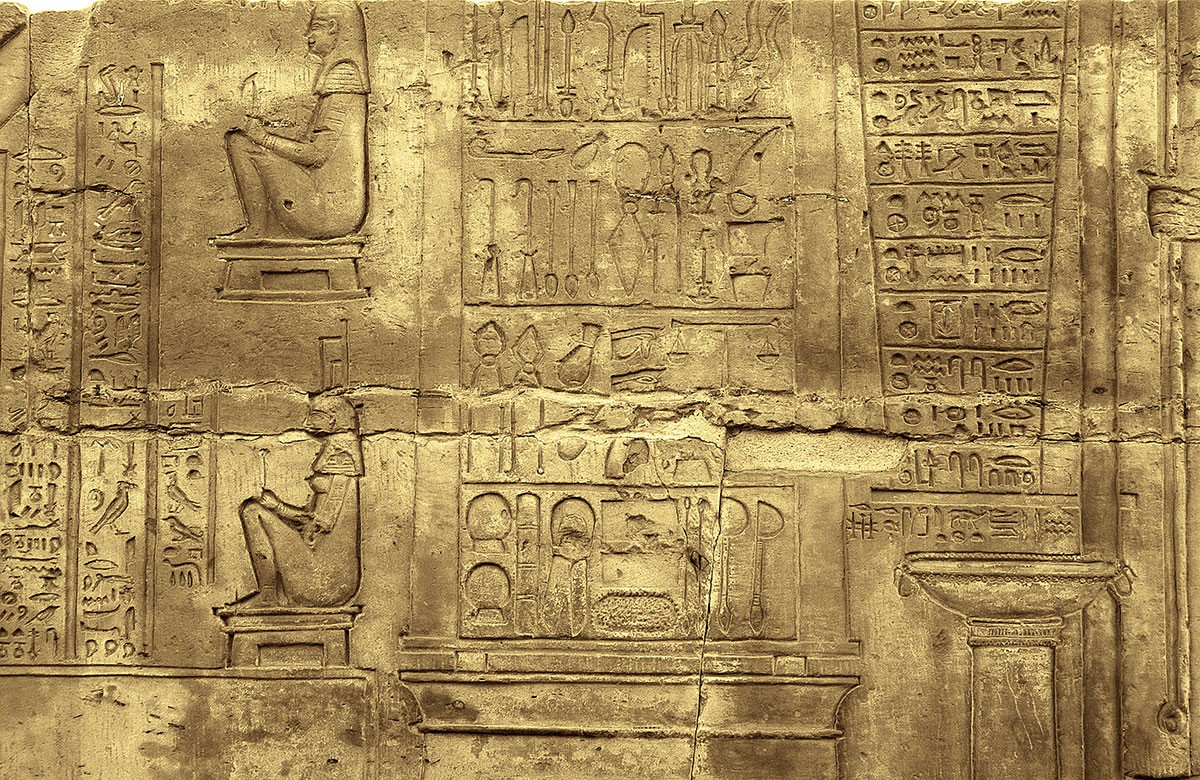
The countries of the world have not agreed upon a unified date for Mother's Day as it differs from one country to another according to the culture, vision, and history of each society. For instance, in Egypt and the Arab world, they have agreed to celebrate it on the first day of the spring as they used to in the Pharaonic times, whereas in Norway, they celebrate it on the 2nd of February, on the 3rd of October in Argentina, and on the 1st of May in South Africa. On the other hand, in the US, they felt that the second Sunday in May would be the most appropriate day for celebrating it.

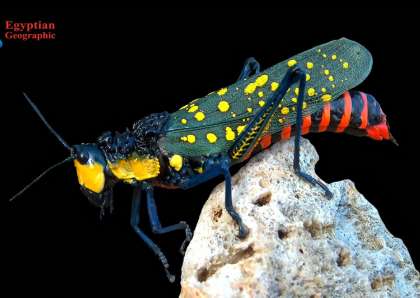

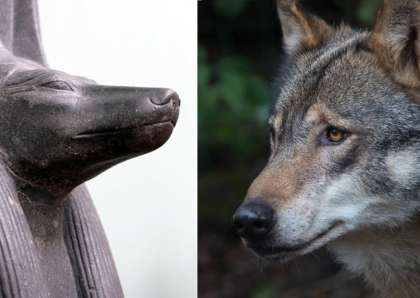
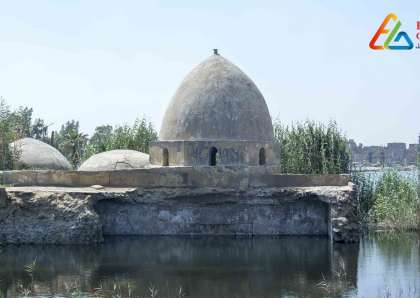
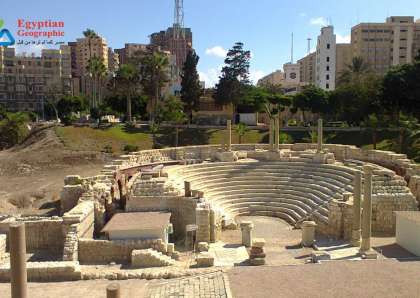
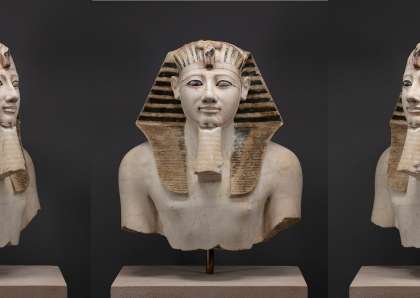
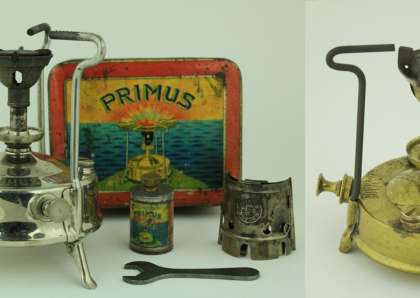
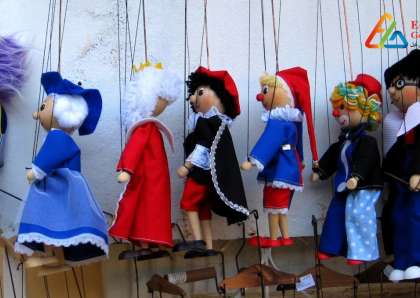
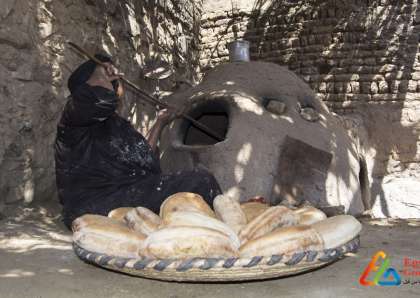
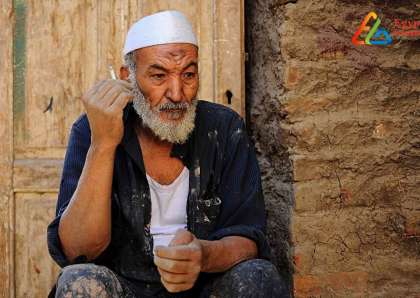

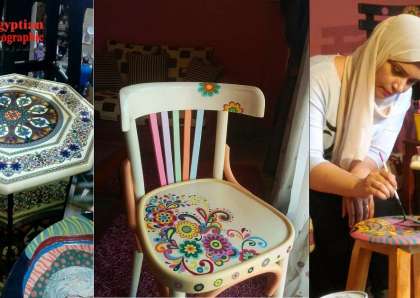



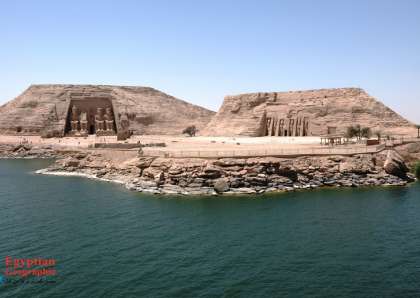


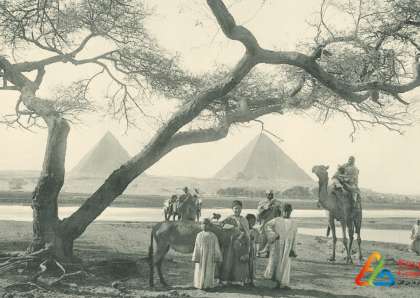
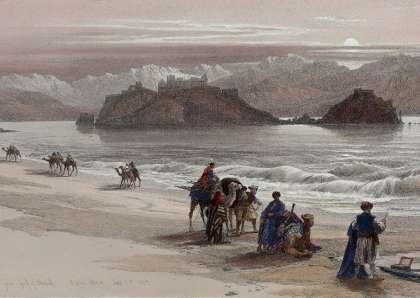


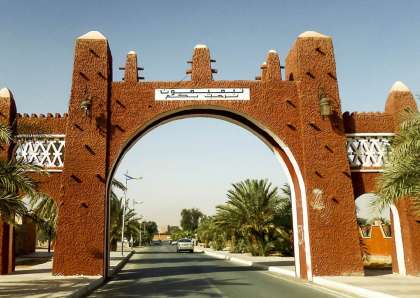
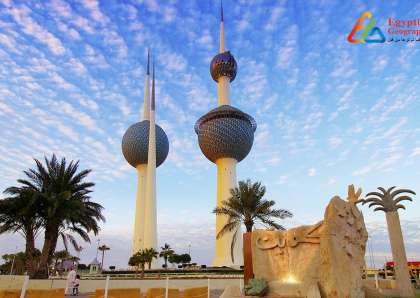



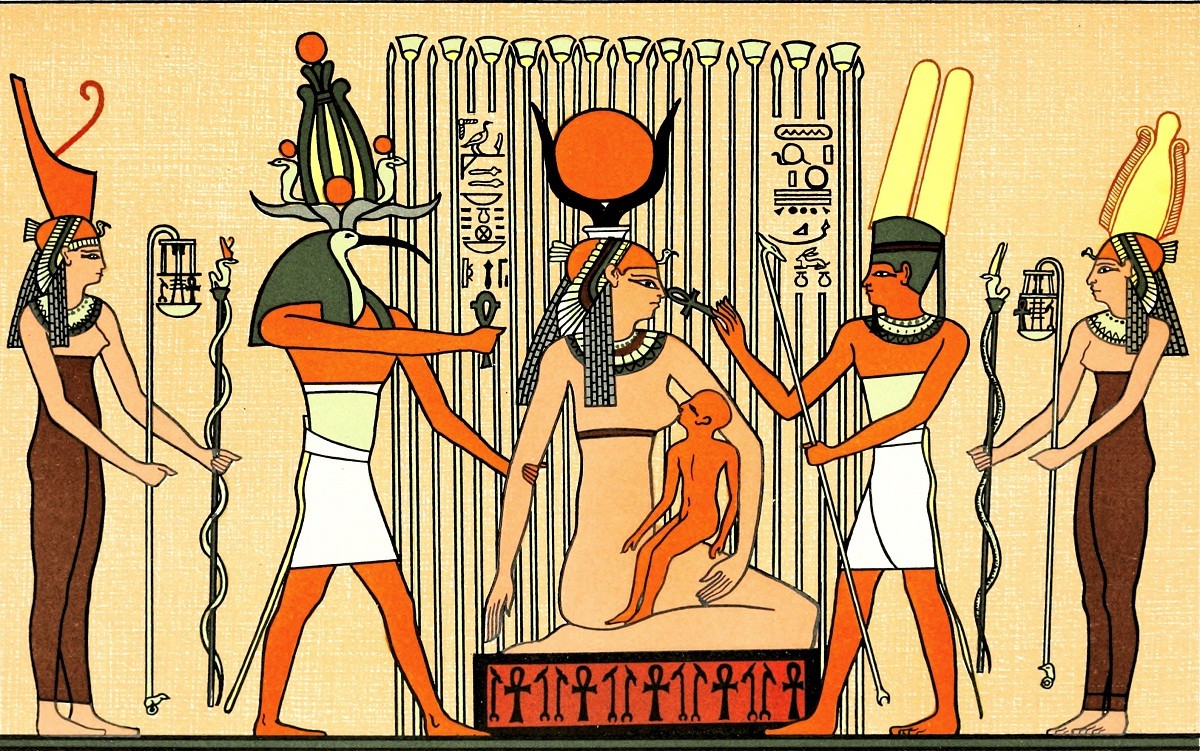











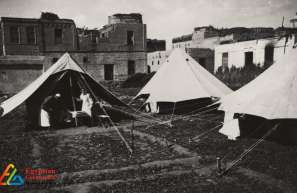
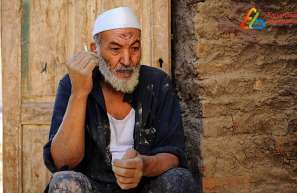





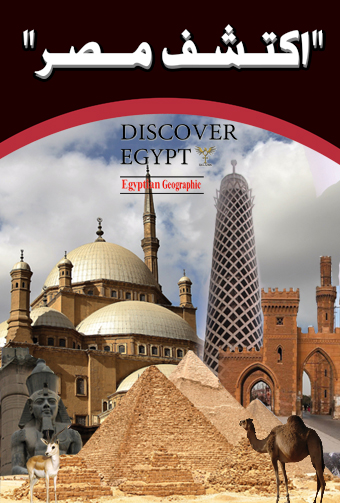
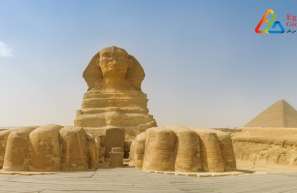


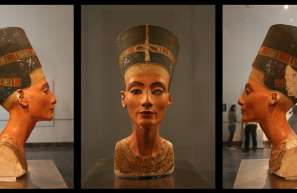


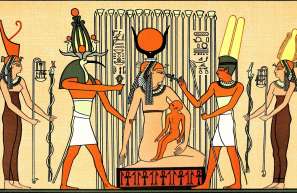


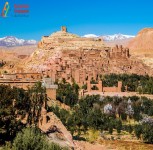


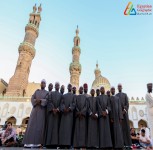
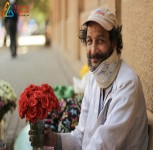

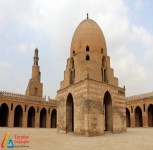
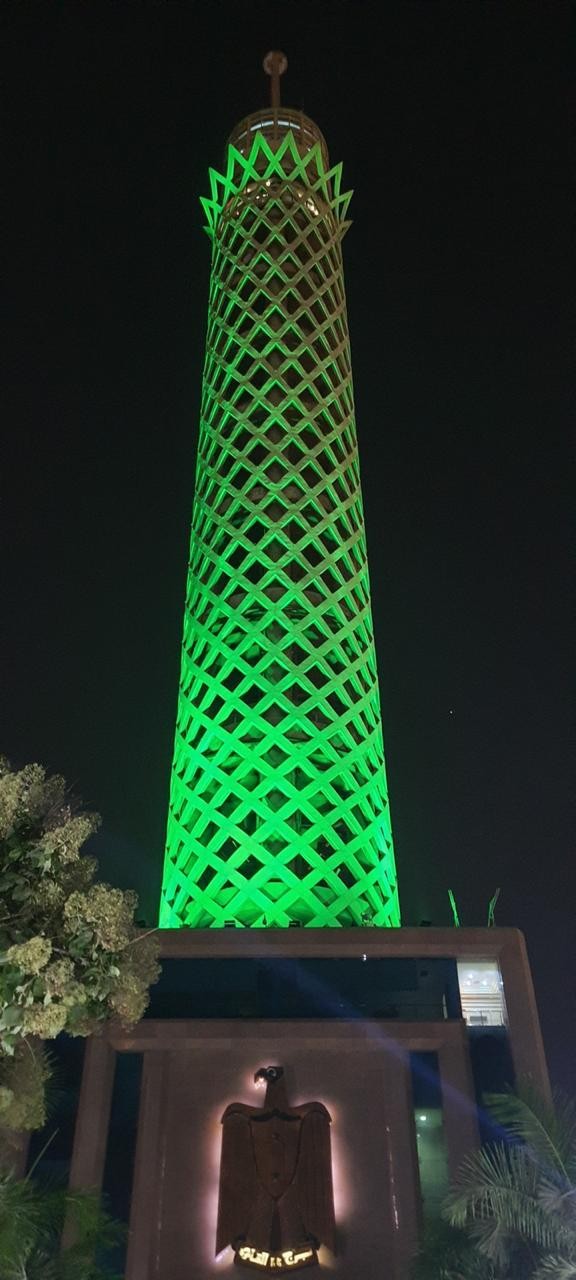
Egyptian Site & magazine